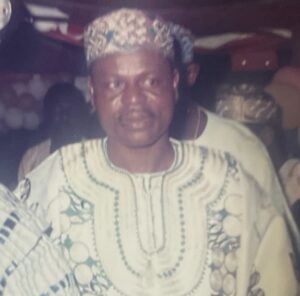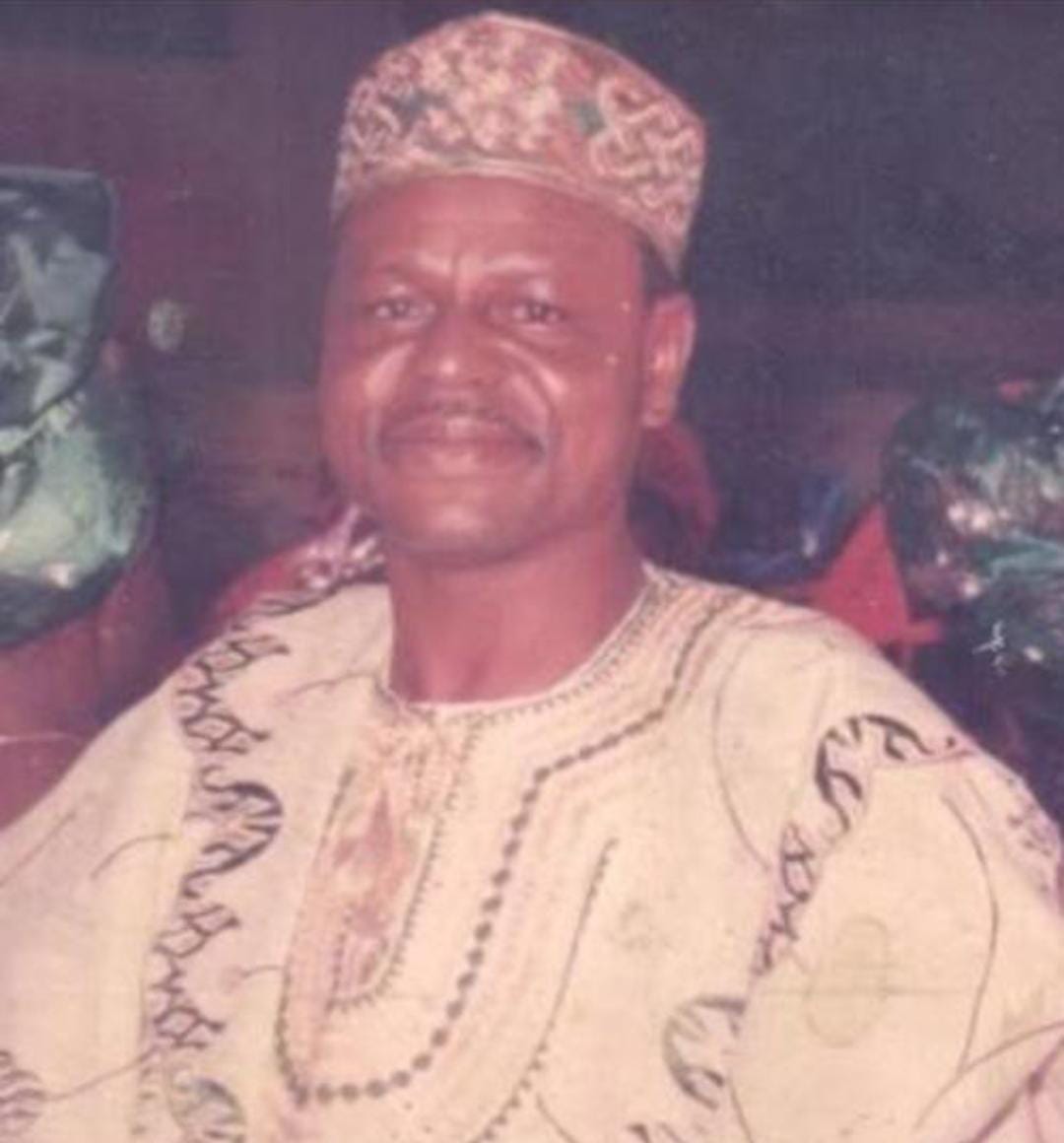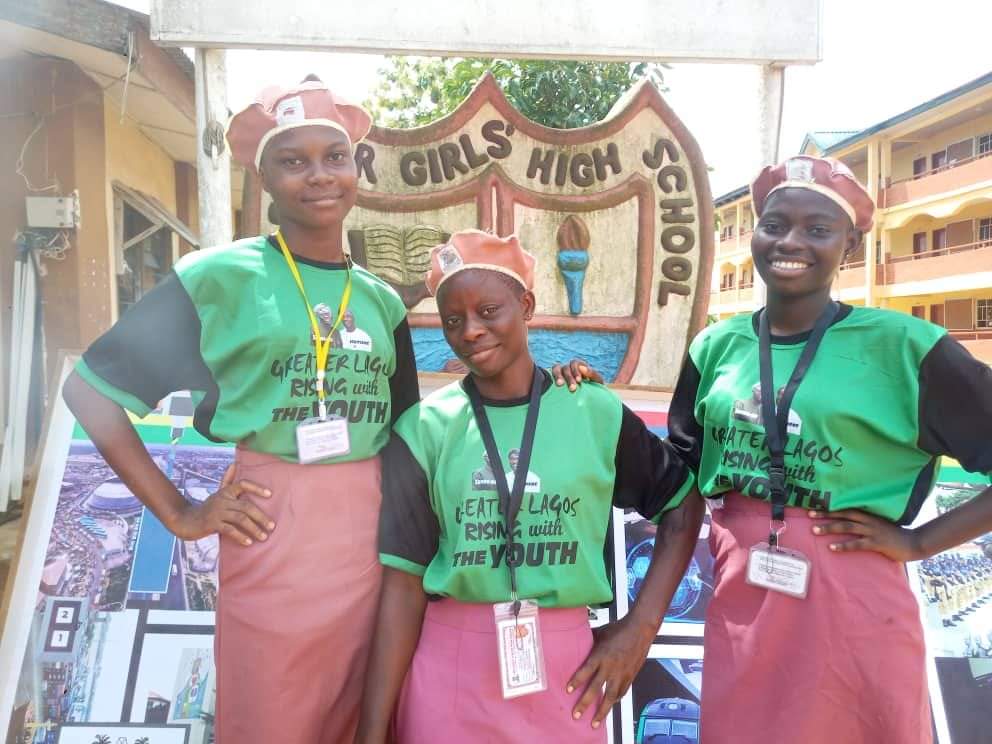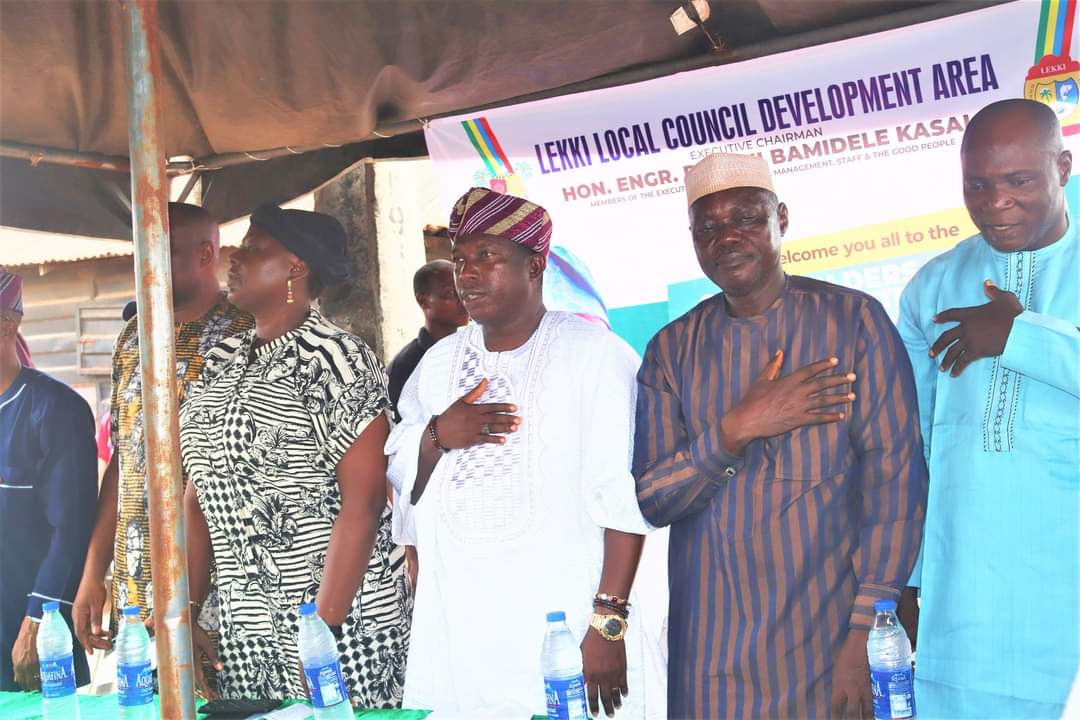 Twenty-eight years after his passing, the legacy of Professor Muftau Femi Agbalajobi continues to illuminate as family, friends, and the Epe community gathered yesterday to honor his memory with heartfelt prayers and tributes.
Twenty-eight years after his passing, the legacy of Professor Muftau Femi Agbalajobi continues to illuminate as family, friends, and the Epe community gathered yesterday to honor his memory with heartfelt prayers and tributes.
Led by his sister and Member, Governing Council, LASUED, Alhaja Shade Abiola-Agbalajobi; his wife, Alhaja S.T Agbalajobi, her children and associates including Alhaja Bisi Salako, the mother of Ogun State Deputy Governor, the commemoration featured special prayers across mosques in Epe, Lagos State, the hometown of the renowned academic and political figure.
Alhaja Shade who spoke on behalf of the entire Agbalajobi family at home and abroad disclosed that Islamic scholars (ulamas) offered solemn supplications for the late professor, who was widely respected for his wisdom, humility, and enduring service to Lagos and Nigeria.
“May Allah continue to grant you perfect rest in Aljanah Firdaus, Amin,” Alhaja ‘Shade prayed, remembering her brother fondly as a pillar of strength and peace within the family and the community.
Born on October 1, 1940, Prof. Agbalajobi’s journey from Epe to international acclaim was marked by excellence in both academia and public service. A graduate of Mathematics from the University of Ibadan and holder of a Ph.D. in Medical Computing from the University of London, he was a pioneer in computer science and health informatics in Nigeria.
In governance, he held key roles including Secretary to the Lagos State Government and Commissioner for Finance and Education. A loyal associate of Alhaji Lateef Jakande, he was a prominent figure during Nigeria’s Second Republic and once nominated as the gubernatorial candidate of the Social Democratic Party (SDP).
Described as a “political colossus” and “academic giant,” Prof. Agbalajobi was also remembered as a peacemaker and mentor whose calm leadership and visionary contributions continue to inspire.
He passed away on September 18, 1997, and was buried the following day according to Islamic rites. Though gone, his legacy remains deeply rooted in the hearts of many, especially in the Epe community and among Nigeria’s academic and political elite.




